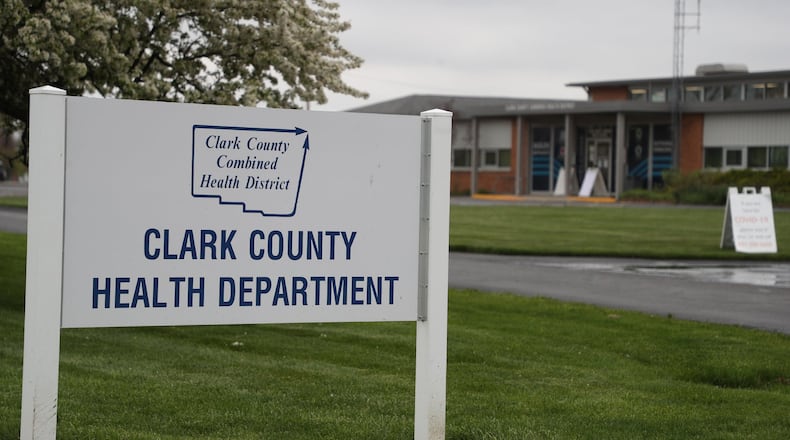Men, transgender women and non-binary people who have sex with men and either have risk factors or have a partner with risk factors are eligible for the vaccine. Risk factors include being HIV positive or living with AIDS, being diagnosed with a sexually transmitted disease or infection in the last 12 months, having a history of multiple or anonymous sex partners, and more.
Having a high risk of being exposed where they work, being a close contact of someone who has been diagnosed with or tested positive for monkeypox, having attended an event or activity where there were monkeypox cases or known transmission can also make someone eligible for the vaccine, according to the health district.
Vaccine supply nationwide initially was extremely limited, but as more vaccine supply has become available and more at-risk individuals are receiving treatment prior to possible exposure, cases of monkeypox have decreased by nearly 20% in recent weeks, the health district said.
According to the Ohio Department of Health (ODH), seven monkeypox vaccines have been distributed in Clark County as of Monday.
A total of four cases of monkeypox have been reported in neighboring Montgomery County, and two have been reported in Madison County, according to ODH. Out of the 237 cases reported statewide, nearly 95% of cases have been reported among males.
Monkeypox spreads in different ways. The virus can spread from person-to-person through direct contact with the infectious rash, scabs, or body fluids.
It also can be spread by respiratory secretions during prolonged, face-to-face contact, or during intimate physical contact, such as kissing, cuddling, or sex. Pregnant people can spread the virus to their fetus through the placenta, according to the Centers for Disease Control (CDC).
The viral illness typically begins with flu-like symptoms and swelling of the lymph nodes and progresses to a rash. Cases in the current outbreak across the country appear less likely to have the initial symptoms of flu-like illness or lymph node swelling, the CDC said.
The rash, which may look like pimples or blisters, sometimes spreads to many areas of the body, or may also stay contained to a particular part of the body, according to the CDC.
Monkeypox can spread from one person to another from the time symptoms start until the rash has fully healed and a fresh layer of skin has formed. The illness typically resolves itself in 2 to 4 weeks and in some cases a medication may be available to treat those who have contracted monkeypox.
About the Author

